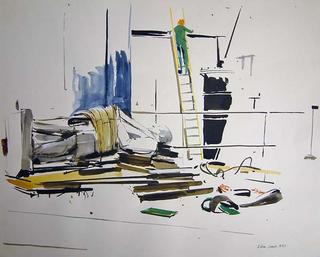
George Stephenson on the floor of NRM
1975

1975
1978
2019-06-10
2019-08-13
2019-02-26
2019-06-13
2020-01-03
2014-11-13
2017-09-18
1975
1975
1975
1975
2006-11-16
2000-04-17
2000-04-17
2000-04-17
2000-04-17
2000-04-17
2000-04-17
2001-12-03
2002-02-15
2001-03-05
2001-03-05
1976-1982
1992-05-18
2020-01-24
1975
1975
1975
1975
2000-04-17
2006-12-05
2000-04-17
2000-04-17
2006-05-03
2001-11-20; 2002-02-05
2004-11-16
2001-03-05
2001-03-05
2018-10-01
2019-04-29
2018-06-20
2018-10-10
2019-06-12
2020-02-13
2018-04-12
2019-11-27
2018-04-09